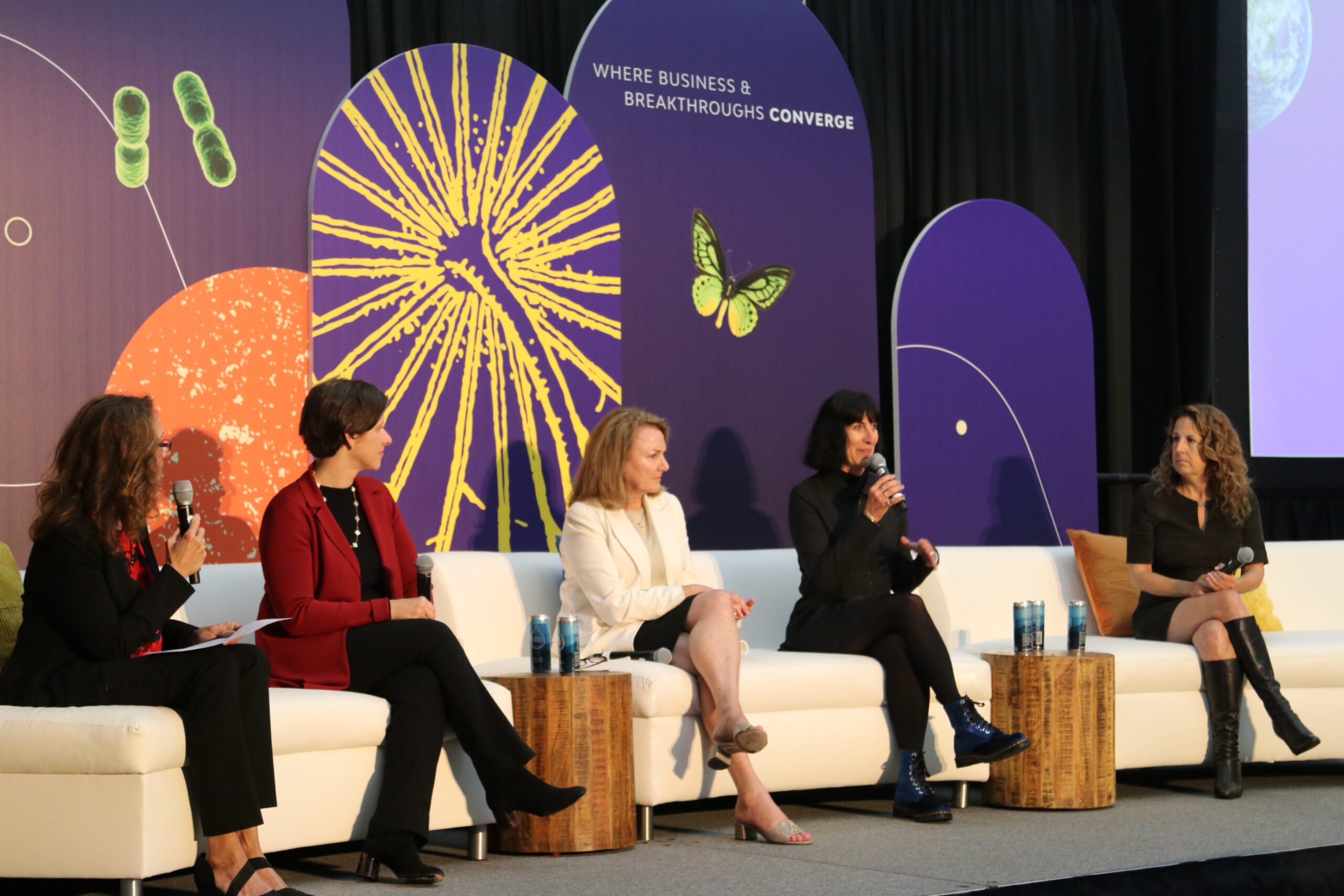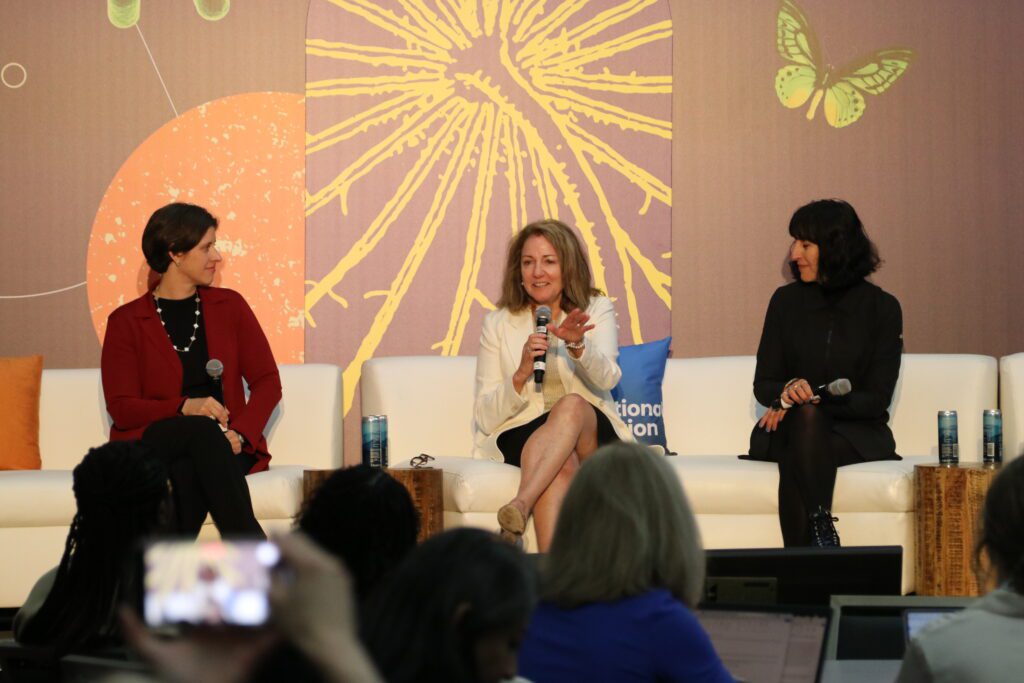Investing in women’s health is a gold mine that few healthcare investors have yet to tap, according to a new study that has come out of the McKinsey Health Institute.
“Investments addressing the women’s health gap could add years to life and life to years—and potentially boost the global economy by $1 trillion annually by 2040,” says the report.
As Megan Greenfield, Partner at McKinsey & Co., explained during a panel at the 2024 BIO International Convention, persistent myths around women’s health continue to frustrate research, investment, and innovation. But a few leaders in the biotech industry are determined to change that.
“I honestly don’t see dramatic differences in the understanding of women’s healthcare conditions now versus a decade ago,” noted Julia Owens, Ph.D., CEO of Verto Therapeutics. “We still don’t have any real understanding of the underlying basis of things like endometriosis. But what I think we are seeing is more women in investor seats, in academic labs, and in leadership teams and companies, who are speaking up more in their positions and influencing things more. I think that’s probably the biggest driver of the change I’ve seen.”
Why we need more investment in women’s health
“If you look at immunology, for example, 80% of the patients are women,” said Greenfield, “yet a lot of companies don’t think of immunology as women’s health.”
A persistent frustration held by the panelists is that women’s health is often reduced exclusively to the realm of reproductive health. This ignores data showing women dying at higher rates of heart attack and other ailments resulting from their historic exclusion from health research.
And even within the realm of reproductive health, metrics, needs, and pain reports are often overlooked. Panelists said diseases like endometriosis and polycystic ovary syndrome (PCOS) are still misunderstood and are often not diagnosed for years (sometimes decades)—and when they are diagnosed, invasive procedures are often utilized.
What are the barriers to women’s health research?
There are a number of barriers to women’s health research, but two in particular stand out.
First, so little research on women’s health means it is not only difficult for doctors to treat women in a knowledge-based clinical sense, but it is also nearly impossible to treat them in an economic sense. Put simply, if doctors can’t bill for coverage or treatment of something (either due to ignorance or a lack of insurance billing framework), then they won’t provide it.
Second, when it comes to research and clinical trials, the cards are often stacked against women. As the panelists noted, for clinical trials aimed at HPV and endometriosis, women can be expected to go under the knife multiple times—a prospect that few are (understandably) willing to accept.

Why we need to educate investors
The panelists observed that many investors they have worked with are, in fact, men. As such, the need for education is acute. They even cited conversations with male investors who questioned the need for women’s arousal medication.
“Would you say that there is not a need for Viagra?” asked Sabrina Martucci Johnson, President and CEO of Dare Bio.
Similar conversations arise when talking about women’s pain, with many dismissing the suffering associated with things like endometriosis and PCOS. In-depth investment and research in these areas, in particular, is key to future innovation.
“Innovation will drive results,” said Mary Beth Cicero, Co-Founder and CEO of 3Daughters, which is developing innovation for intrauterine devices. “And that’s what we want investors to see.”
“I think a little bit of the disconnect is that the commercial players in women’s health aren’t creating the commercial exits as early as a venture fund would look for, or as you see in other therapeutic areas,” explained Johnson. “So the exits are happening at a very late stage, for example by phase three FDA approval, as opposed to first human or early proof of concept—so it’s a very long valley of death.”
“We need to recognize that there are problems across the board in women’s health, and we need to ask what we do collectively to address them,” added Cicero. “And if we address them, there’s a market there, and industry will make money. That’s the bottom line.”
Ultimately, “Women’s health is healthcare,” concluded Johnson.




